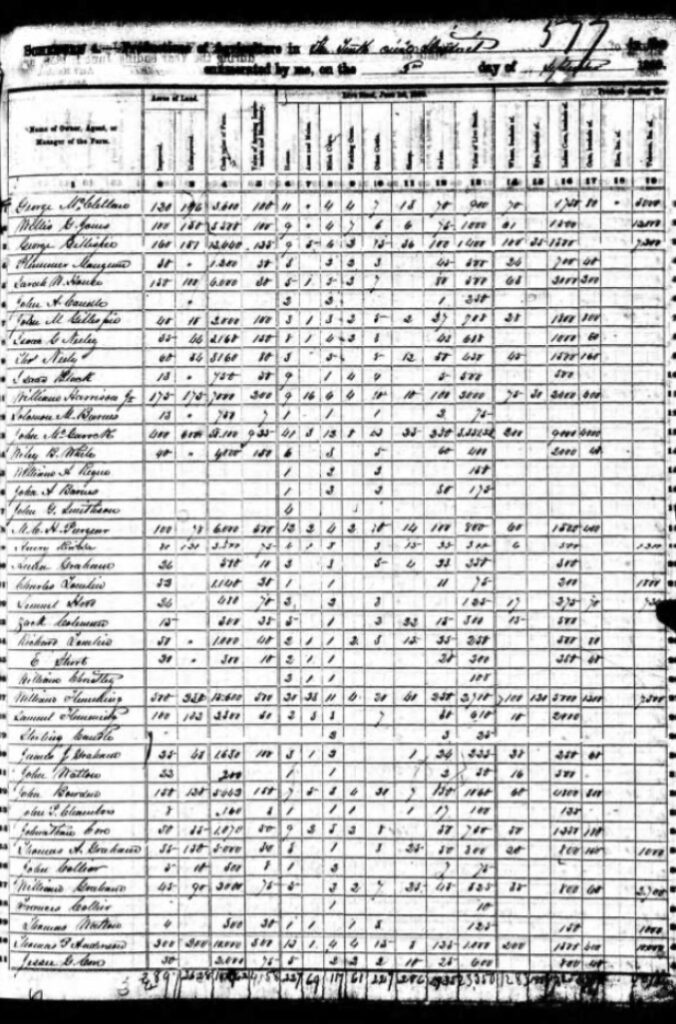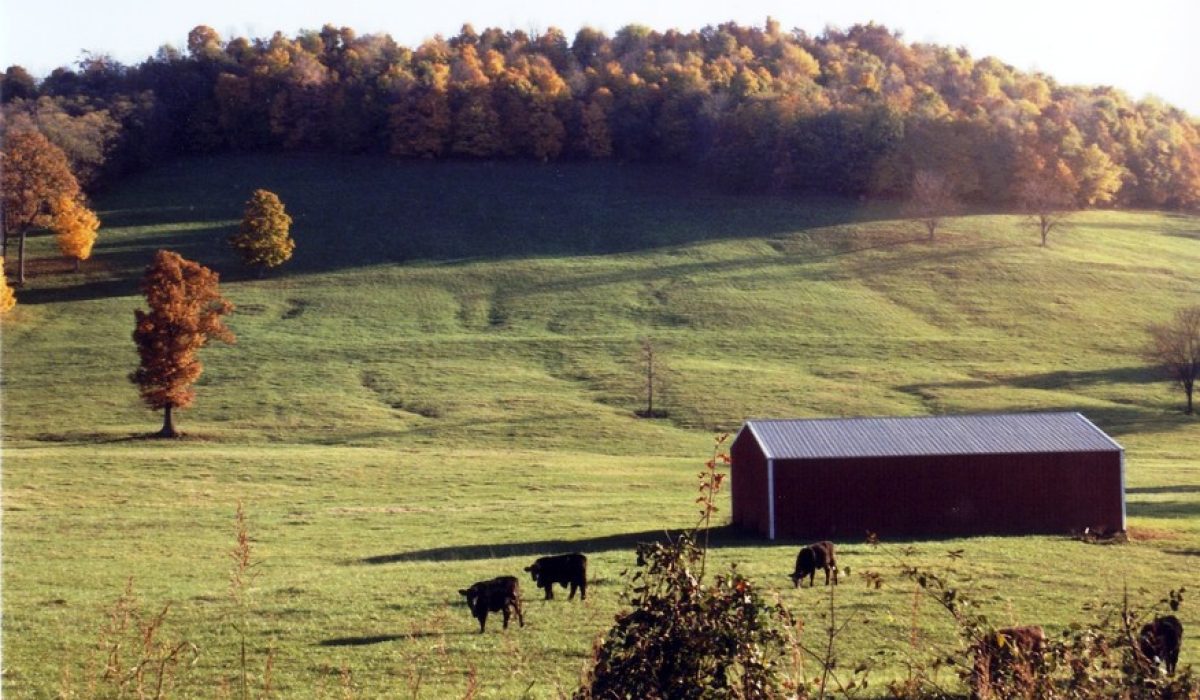One of the things that made growing up here in Williamson County so amazing was the vast amounts of open space and farmland. We enjoyed driving down old country roads and seeing nothing but fields, full of crops and livestock. It was such a tranquil site. Those beautiful sites have been the story of this county for the majority of its existence. The early settlers of Tennessee chose the Williamson County area because of the extremely fertile soil. With the Harpeth River snaking its way through the land depositing large amounts of sediments when it flooded, created ground that was perfect for growing crops. With so many farmers calling Williamson county home, it is no wonder agriculture became one of the four main cornerstones.
Agriculture for the early settlers held dire consequences. Not only did they have to grow food for themselves and their families, they had to grow enough to feed their animals. Corn, wheat, and oats became staples on most early farms. Corn had actually been planted in this area since the Woodland Indians inhabited the land. Tobacco and cotton made their appearance in stronger forms after the Civil War. However, prior to the Civil War, agriculture was possible and profitable largely due to slave labor. Many farmers utilized this free labor force to produce large quantities of harvest. The average farmer in Williamson County before the war owned about two to five hundred acres and ten to twenty slaves. Williamson County was considered one of the wealthiest counties in Tennessee. Not only were there large amounts of row crops being produced, large livestock farms were also everywhere. While one would assume cattle dominated the area, most farms raised swine and sheep.
After the Civil War and the passing of the 13th amendment, the enslaved people had won their freedom. With that freedom came a freedom of choice pertaining to their futures. Many would choose to leave the area and head north or west for a better life, however, many freed men and women would stay in Williamson County, as it was their home. Farming is what they knew and many would return to that line of work. Not wanting to be taken advantage of, they entered into labor contracts and started sharecropping.
Farming would continue to be the main focus of revenue for years to come for the citizens of this county. Now, unfortunately, those large fields are starting to disappear, transformed into massive subdivisions. We are watching our once beautiful rural areas vanish overnight. Farming on a large scale has definitely decreased over the years. Fortunately, we are seeing smaller farms producing all types of agriculture making a comeback. People are starting to understand how important it is to grow, buy, and sell locally. Small homesteads of five to ten acres are becoming popular again. People are wanting to become self-sufficient and I couldn’t encourage that more. It’s how we started here in Williamson County and we need to get back to our roots.

Census Place: District 10, Williamson, Tennessee; Archive Collection Number: T1135; Roll: Roll 5; Schedule Type: Agriculture
US Selected Federal Census Non-Population Schedules, 1850-1880
Source: Ancestry.com


